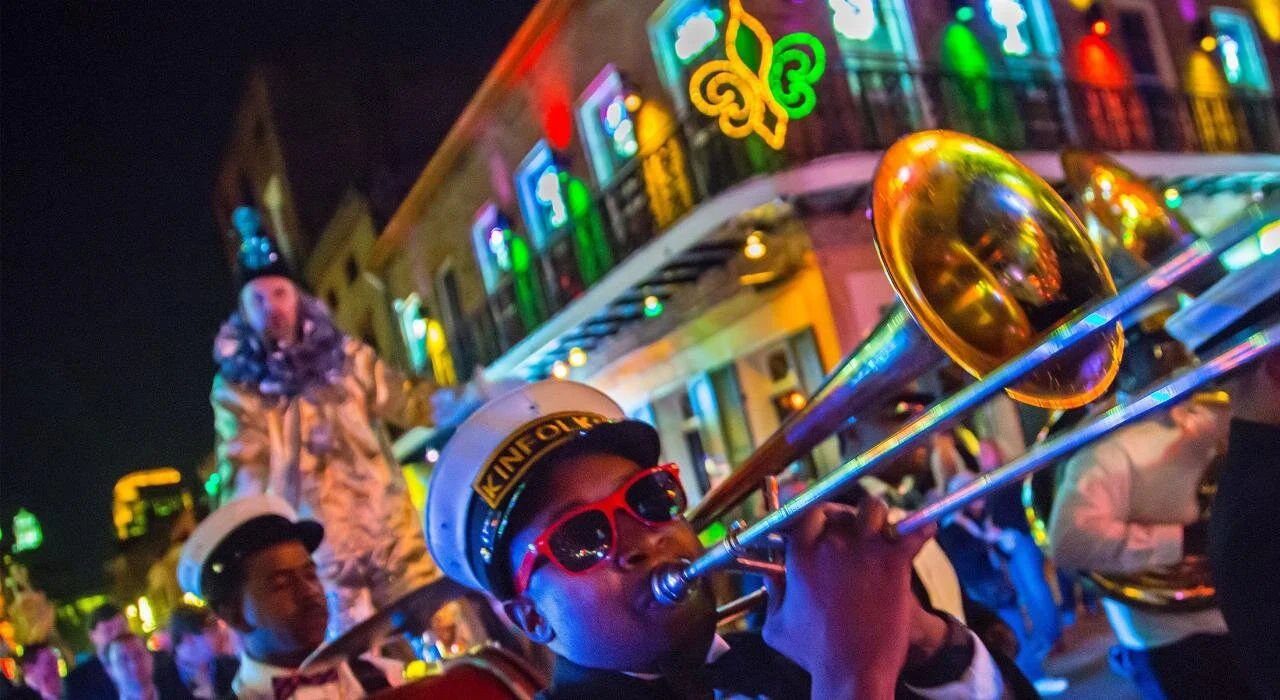The early summer months brought us a glimpse of pre-pandemic life, with mask mandates being lifted and events happening at full capacity. Shows, concerts, galas, parties - all held with peace of mind that hadn’t been felt in a long time. Now, the rise in variants coupled with low vaccination rates has brought us back to square one. To the typical person, it may not mean much to start going out less, maybe skip out on a party or two. But what about the people whose livelihood is dependent on large, in-person gatherings?
Front-Line Teachers
The 2021-2022 school year has begun in full swing and we are already seeing the ramifications of in-person classes spreading Covid-19. It’s a tough time for both teachers and students, being that the vaccine has not been cleared for children younger than 12 years, and many eligible adults are still very resistant to getting the vaccine.
D. I. Y Impact Tips: Packaging
Community Spotlight: Batture
Batture is a New Orleans-based civil engineering and land surveying firm that is committed to a social mission that serves the greater good. Their services aim to make people’s lives better with well-designed infrastructure, potable water, sanitary sewers, drainage, roadways, and sidewalks. Bob More and Jenny Snape, the owners of Batture, met while working with the New Orleans chapter of Engineers Without Borders. Thus, Batture was founded on a shared desire to give back. To this day, they practice with community work as an integral part of their philosophy, where paid projects and pro bono projects are held with equal importance and priority.
Storm Season Preparation Tips
With all of the discussion around Tropical Depression Fred affecting the Gulf South in Alabama and Florida, Love Your City wants to share with you some additional tips to stay prepared and dry this hurricane season and most importantly protect your home and your community. Get ahead of the rush in the event of a storm and prepare beforehand with these suggestions!
Climate Crisis: What does it mean for the future of New Orleans?
Last week, the United Nation’s Intergovernmental Panel on Climate Change (IPCC) released an alarming report that has brought attention to the climate crisis we currently face. In summary, because of human activity, the Earth is warming at a rate higher than that which was expected, influencing the changes in weather and climate extremes that we see happening around the world. The language used in the report named the current condition as a “code red for humanity.” What does this mean for the future of New Orleans?






